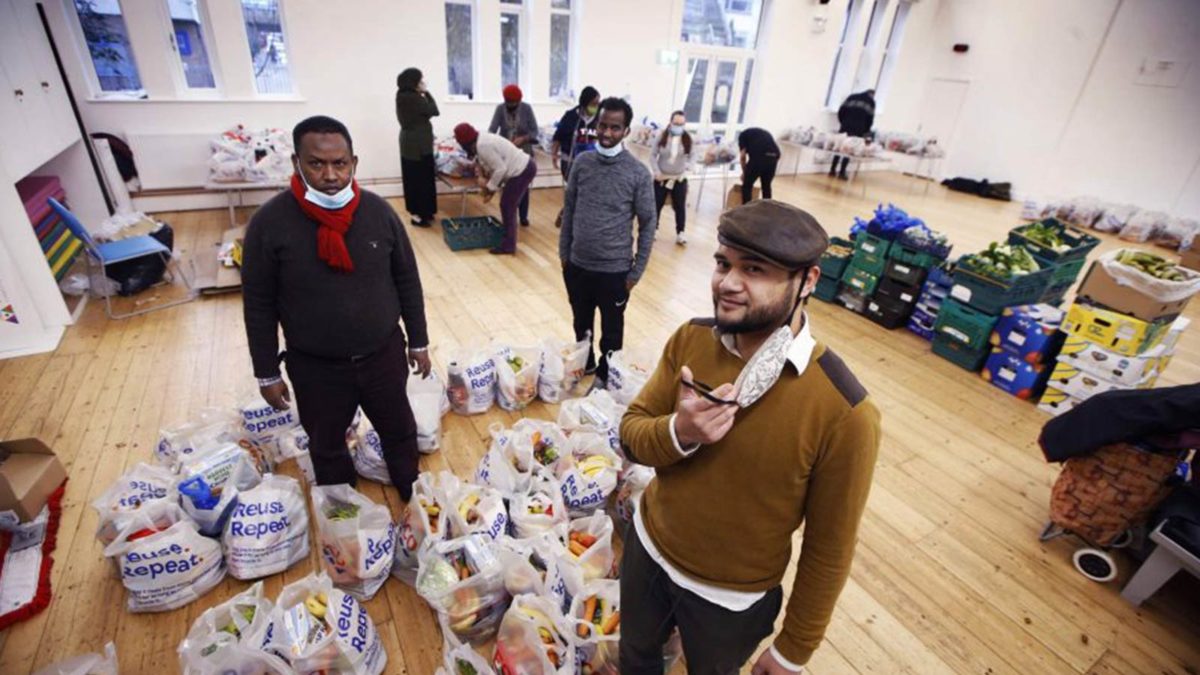
Why should a white guy care about diversity? And what can he do if he does?
I grew up feeling like a bit of an outsider. I have carried that with me throughout life, and always tried to think about who isn’t here, or who we aren’t talking about or including. That can be a challenging question, but I think it’s an important one for all organisations and people to think about.
Written by Adrian Sell, Chief Executive, Oxfordshire Community Foundation
My dad was a refugee from Hungary in 1956. He came to the UK and was very warmly welcomed and supported by the Sell family – he changed his name to Sell, partly as a mark of thanks but partly because he wanted to fit in. There are a lot of white people from disadvantaged backgrounds who can make that shift. Twenty years after he moved to the UK, he had learnt how to blend in and look like a ‘British gentleman’, despite the story under the surface.
His journey has always been with me, it led me to working with Oxfam on humanitarian relief programmes in places like South-West Algeria and Rwanda. I was struck by seeing up close what massive disadvantages people in those communities face; knowing that however gifted you are or however hard you work, you’re going to struggle to make it to where you want to be if your standing at birth is against you. This is not to deny that people who are very successful work very hard to get where they do; but there are whole lot of foundations below them that I think we forget about because we like to think that we’re the products of our own endeavours.
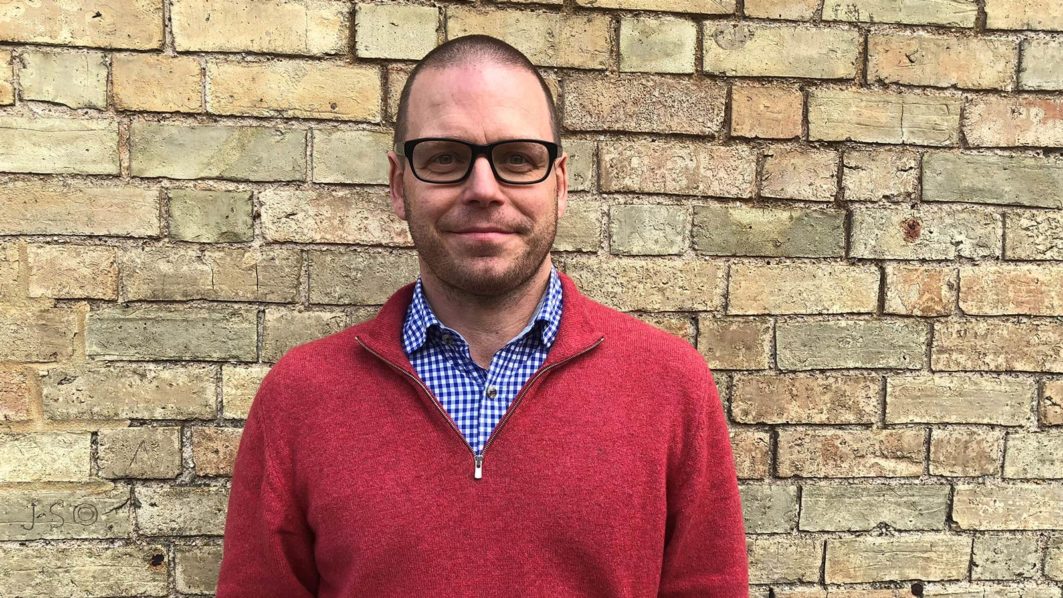
In professional terms, diversity is massively important to me. We have gone through this whole conversation already with feminism and women’s rights, acknowledging that it doesn’t make sense to exclude half the population from the talent pool that you’re recruiting from, or from decision-making processes, thinking and ideas-generation. I think we’re having a similar conversation now about black and ethnic minority populations.
Charities have a peculiar and I think slightly shameful problem in that we are massively under-representative, particularly at board and senior leadership level. As a community foundation we are here to serve the communities of Oxfordshire, with a particular focus on those who are disadvantaged or marginalised; so I think it is a problem not to have representation and inclusion of those populations in our organisation, and it is one that I’m hoping to address, both behind the scenes and presentationally.
Since becoming CEO of OCF six months ago, I have tried to build on the work of my predecessor Jayne Woodley, who put a lot of time into making sure we were listening and understanding different communities’ needs. Through the emergency COVID response, this meant we were able to reach out and support organisations like Oxford Community Action (pictured), who are working with ethnic minority populations and making sure that mainstream services are supplemented with ones that meet their particular needs (halal food distribution being one obvious example).
I’ve also been chairing a voluntary sector coordination group. We had a conversation back in June about diversity and inclusion and race in our sector, and it was a very uncomfortable one. I think we need to sit with that discomfort and reflect on it, because it challenges us to think about our own preconceptions and positions – for example it’s very easy for me to feel comfortable and secure as a white middle class male, and others might not find that so easy.
But talking about it isn’t enough – we also need action. I am proud that UKCF, the umbrella organisation for all UK community foundations, is also taking this issue seriously and making equity, diversity and inclusion a key focus for the years ahead. In Oxfordshire, I’ve been working with a group of BAME community leaders to try and put together a new infrastructure organisation that will better represent their needs and advocate on behalf of their communities. This is an initiative supported fully by UKCF, and will start to change the dynamic around, for example, which roles are voluntary and which are recognised through pay – and hold the charity sector to account. I hope over time we will see a sector that is more accurately representing the very communities we are trying to serve.
Email: adrian@oxfordshire.org
Watch the Adrian Sell interview Video at the B4 One: EDI Event: https://youtu.be/-s72Rrqc_Mo

More in Charities
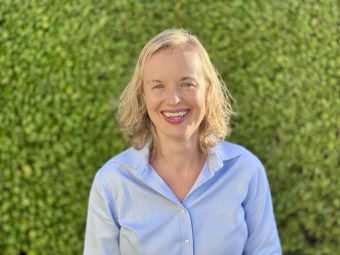
What do you think is the biggest barrier to people giving...
Survivor Space Oxfordshire (SSO) is the only charity providing specialist support to survivors of sexual violence in Oxfordshire. CEO, Lauren Kendall, leads an amazing team of staff and volunteers who are passionate about empowering survivors and helping them to heal and move on with their lives.
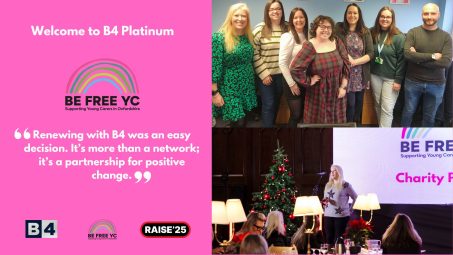
Be Free Young Carers joins B4 Platinum and confirms £1,000 Big...
We are pleased to announce that Be Free Young Carers, who joined B4 in 2023, have now joined B4 Platinum.
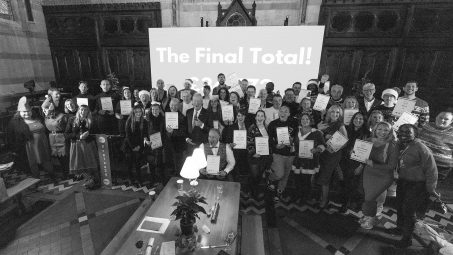
Raise’24 Demonstrates the Power of Collaboration and Team Effort
At Keble College on Friday 13th December, one hundred representatives of Oxfordshire’s business and charitable communities came together to celebrate months of incredible fundraising efforts and as they all stood at the threshold of the hugely impressive Great Hall, they had already raised well over £20,000. That total has now soared to £37,500 thanks to the generosity of well over 500 donors and the hard work of 33 fundraisers.
From this author

Join us to help disadvantaged people in Oxfordshire this winter
Oxfordshire Community Foundation (OCF) have launched an appeal to raise £60,000 towards its Living Essentials Fund. The Living Essentials Fund will help the most disadvantaged people in our county who are struggling to afford the basics – housing, food and warmth. Grants will be made to grassroots charitable organisations across Oxfordshire working to support them […]
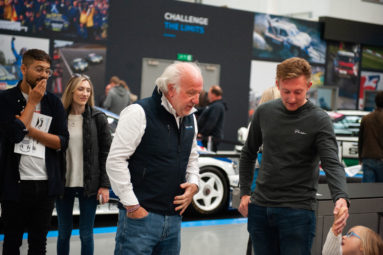
Businesses urged to join together to make Oxfordshire a better place...
The new Oxfordshire Collective Business Fund is a way for businesses to make a genuine difference to communities by investing in local charitable organisations.

Grants of up to £25k available for Oxfordshire charities encouraging healthier...
Oxfordshire Community Foundation’s Healthy Hearts grants aim to improve cardiovascular health by funding charitable organisations that are promoting positive behaviour, such as increased physical activity and reduced smoking.

